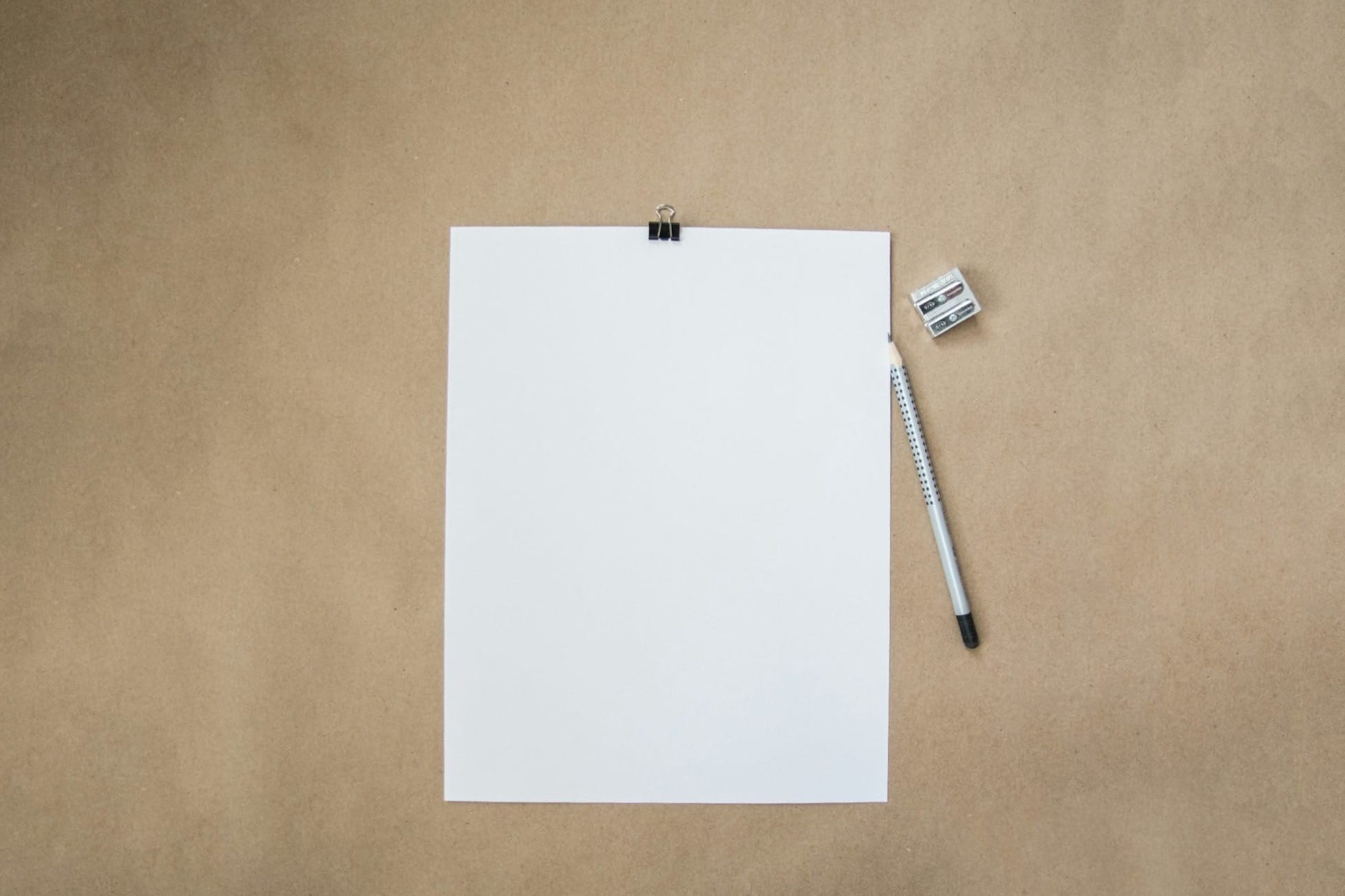Don’t read the manual
why it's hard to get started

I don’t know about you, but I have spent countless hours thinking about projects to start, things to make, smarter ways to get stuff done. I have researched, planned, bought materials, and talked about it. And what do I have to show for it? Very little.
Turns out, all these activities feel like doing The Thing, when they’re really not. You just don’t become a better guitarist by buying more guitars (ask me how I know).
None of these activities are inherently bad–sometimes you do need inspiration, knowledge, or planning. But too often, they become a form of procrastination. We hope they’ll make us braver, more inspired, and better equipped for the job. In reality, we’re avoiding the potential failure and discomfort of making something right now. Instead, we try to get ahead, to be better for the hypothetical next time.
Why is that?
When we consume and learn about art, literature, music–anything creative–we see only the final, polished results. Not the countless sketches, revisions, and dead ends.
We study the prodigies, the masters, the greats, to learn what “good” is. And the more we admire their vast productivity, their Midas touch, the more we buy into the myth of the genius. This can be comforting–because if greatness requires innate talent and we just weren’t born with it, then we don’t have to try. Right?
But don’t believe the hype. That’s just good marketing. When the filthy rich Esterházy family paid for Mozart to perform at their court, of course, everyone admired him. Praising his talent made their patron look good. Everyone around him had everything to gain from Mozart being seen as absolutely unique.
Except his sister was rumoured to be even better–but as a woman, she was less marketable.
I have no personal beef with Mozart, but I do with the idea that he (or anyone) was so special he couldn’t fail if he tried. He was extraordinarily skilled, sure. But most of the greats we admire weren’t–at least not when they started.
The messy reality of masterpieces
The Lord of the Rings trilogy wasn’t simply typed out in one glorious go from pages 1 to 1077. Tolkien scholar Tom Shippey notes: "what is bound to surprise anyone familiar with The Lord of the Rings … is quite how little Tolkien had in the way of a plan, or even of a conception."
You probably know this on an intellectual level, that skills are developed, not gifted. That everyone starts somewhere. But it’s easy to still feel like your ideas must be good before they’re even worth writing down. That failure is perfectly acceptable–necessary, even–for other people. But for you, it might feel like proof that not only are you not a genius, but a complete fraud. Or maybe the work just seems so overwhelming, you wonder if you have the energy to see it through. Maybe the next idea will be better, more worthy of the effort?
I get it. I secretly hoped I was a genius for years. And let me tell you, it’s been painful to face the banality of my beginner efforts. Again and again. Still is, probably always will be. Fortunately, I’m also really stubborn, so I’d say there’s still a chance I can ace this writing thing.
You are not special–and that’s a good thing.
Let’s take a step back here and laugh at the size of our own egos. Because the good news is: You’re not that special. Nobody is. And there's freedom in that. I hereby release you of your genius duties–and of the shame if you’re not. You are allowed to suck at stuff and still enjoy it.
So you can stop procrastinating. You don’t need to believe in yourself, your ideas, or your talent.
Just say “I open myself to the idea that shitty first drafts can be improved as many times as necessary”. Say it out loud. Write it down. Because I firmly believe that you can polish a turd, but only one that exists.
So, what’s one tiny step you can take right now to move closer to what you want? Can you post something quick and dirty? Write one sentence? Open a document? Draw a circle? Strum one chord?
What is the absolute smallest step you can take that gives you clay to rework?

